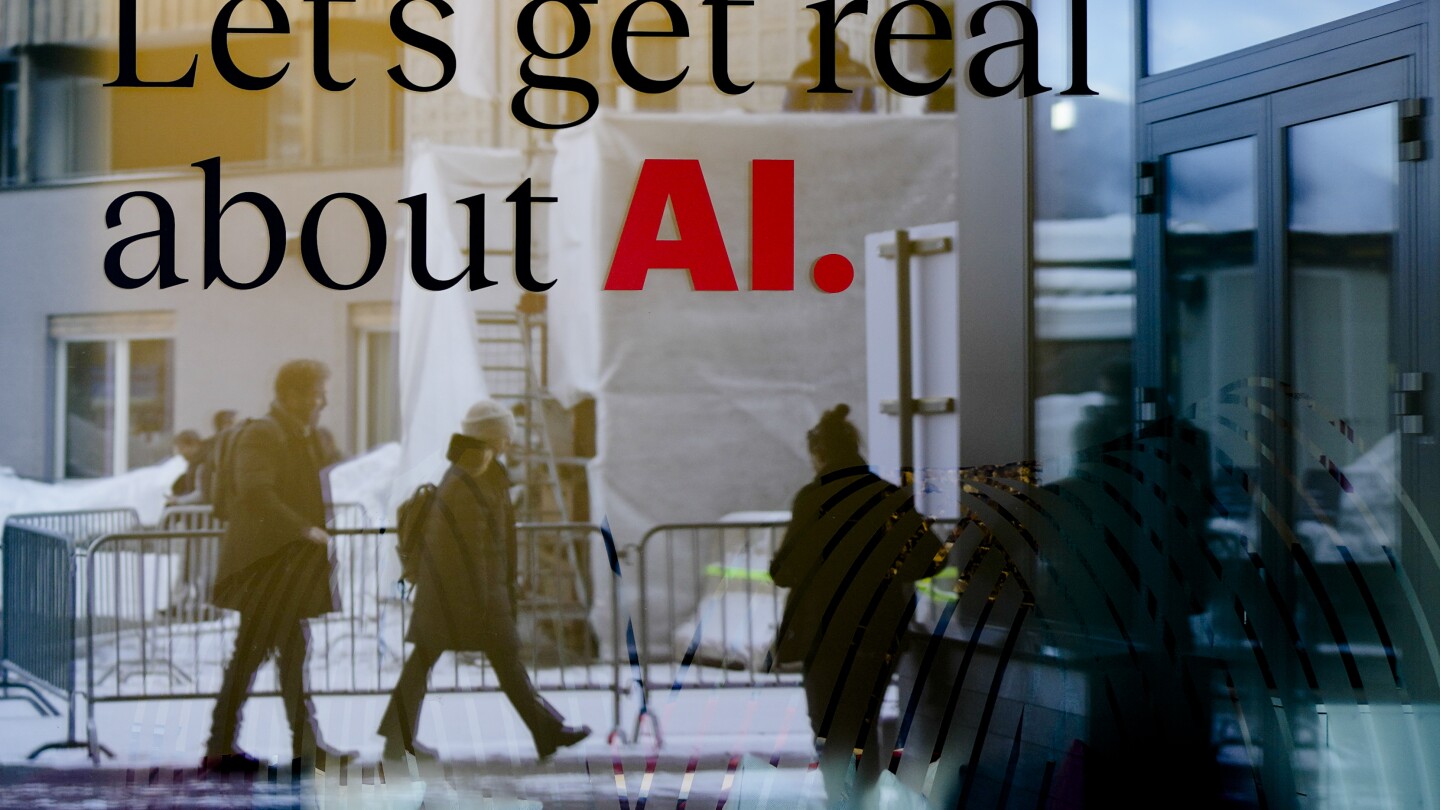- cross-posted to:
- [email protected]
- cross-posted to:
- [email protected]
Artificial intelligence is supercharging the threat of election disinformation worldwide, making it easy for anyone with a smartphone and a devious imagination to create fake – but convincing – content aimed at fooling voters.
It marks a quantum leap from a few years ago, when creating phony photos, videos or audio clips required teams of people with time, technical skill and money. Now, using free and low-cost generative artificial intelligence services from companies like Google and OpenAI, anyone can create high-quality “deepfakes” with just a simple text prompt.
A wave of AI deepfakes tied to elections in Europe and Asia has coursed through social media for months, serving as a warning for more than 50 countries heading to the polls this year.



In 2016, by Google.
That before the public had access to AI, the gov’t would gather unbiased experts together to disseminate what effects AI could/would have on politics, education, fake news, journalism, etc.
It’s not hard for the gov’t to do their jobs. We just have to hold them to account.
General AI has been a philosophical concept and science fiction topic for decades. It’s been a goal since at least the 80s.